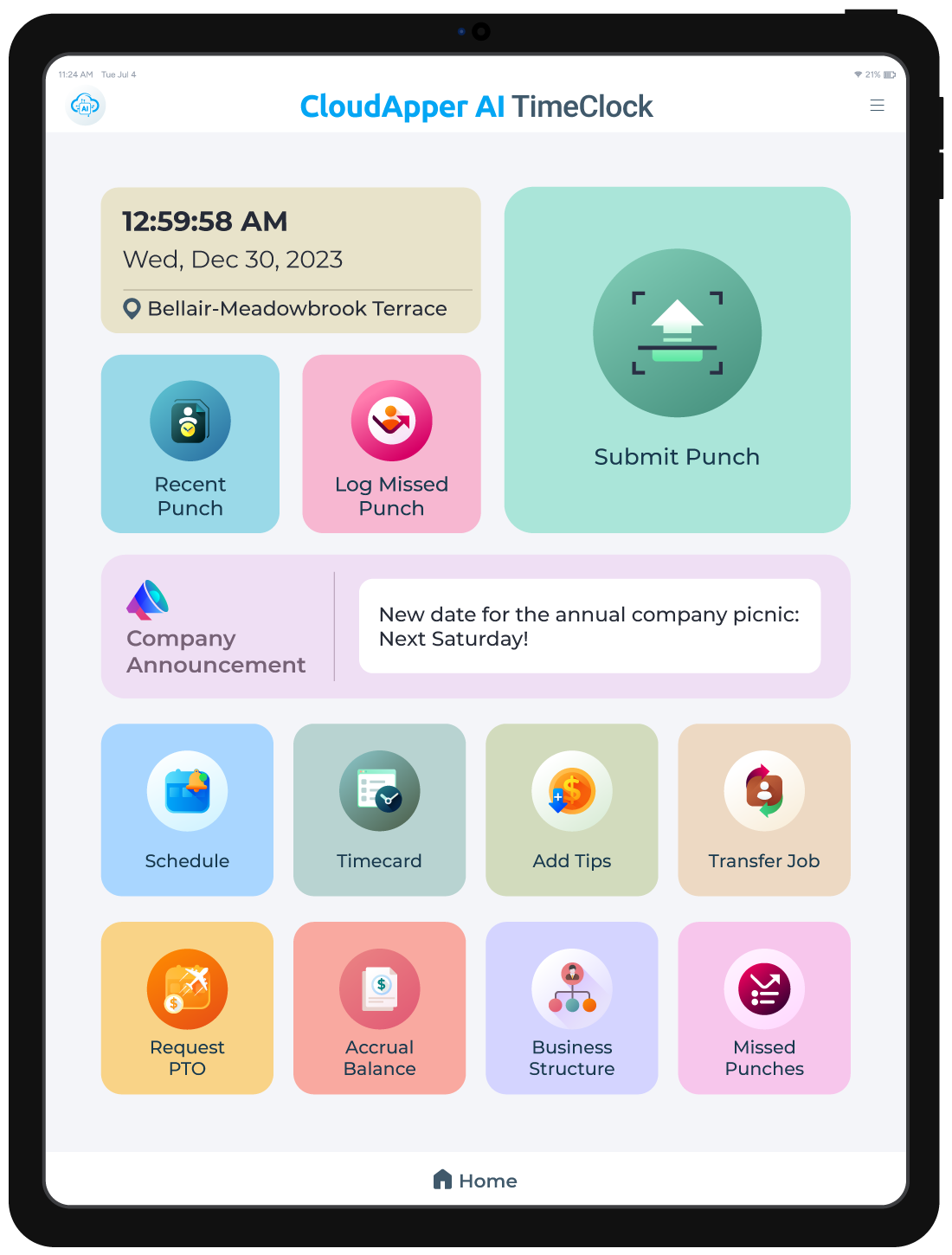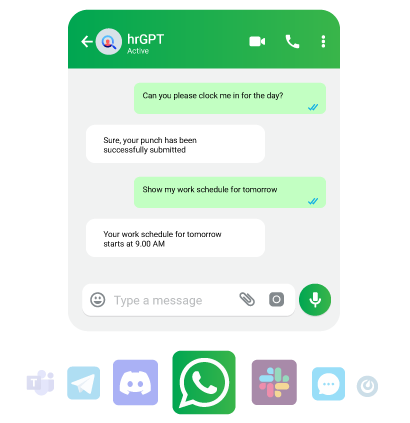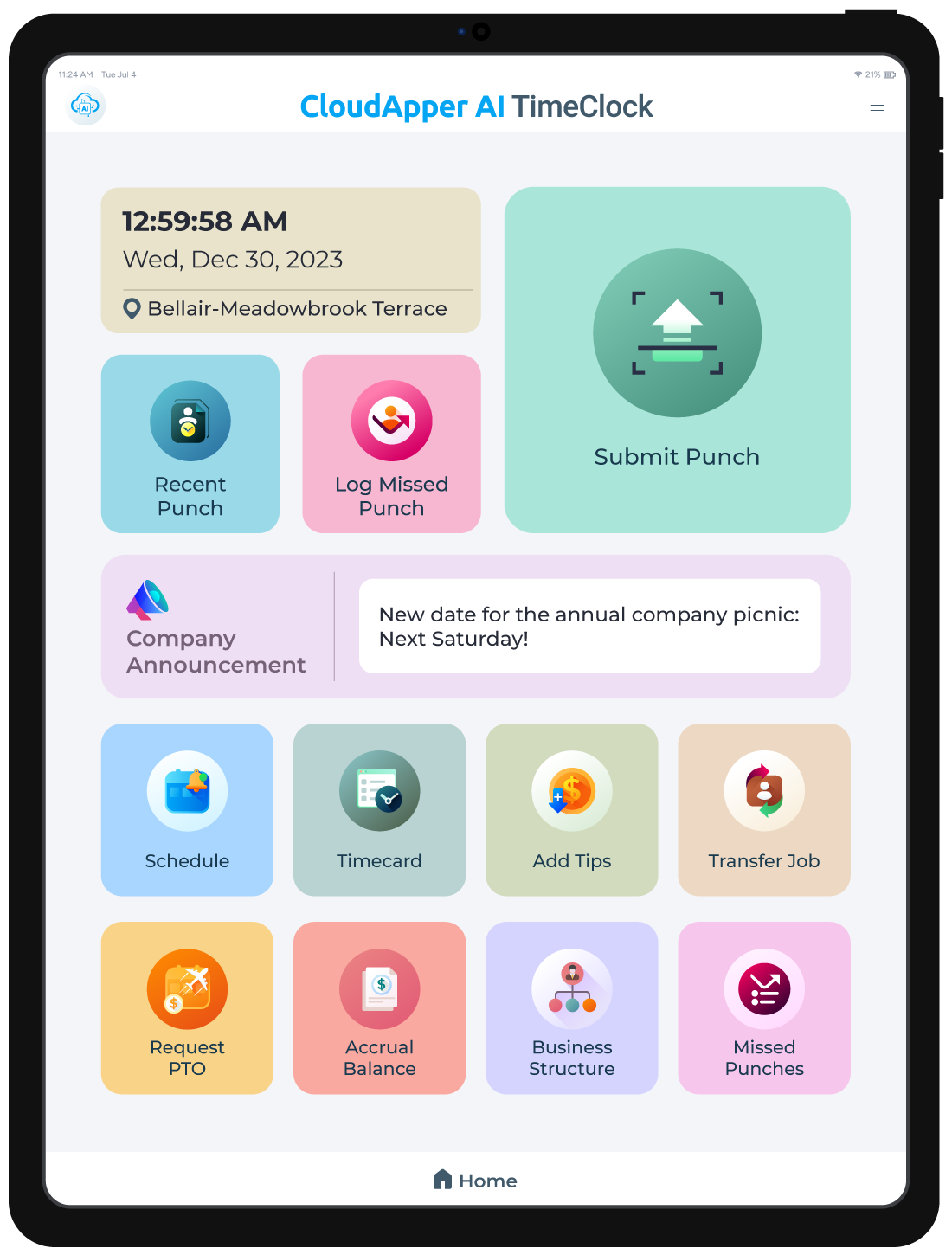Does Being Overly Productive Absolve an Employee from Time Theft?
The negative effects of employee time theft on a company are well documented. Time theft not only drains profits but it can also lower employee morale, stifle accountability and damage loyalty. Despite these facts, employees who are overly productive at work may feel that they are entitled to occasionally sneak a couple of extra minutes here and there on breaks or during working hours because they more than make up for it through high productivity. Their philosophy about time theft is rooted in the misconception that performance above and beyond standard job responsibilities and exceeding established expectations is somehow entitlement to steal time.
Not only is this a fallacy and a ridiculous justification of time theft, but what these employees may not realize is the ripple effect that this type of rationalization can have on other staff through the power of influence. Overly productive employees tend to be role models within a working environment by setting a good example and proving that with dedication, focus and determination, goals can be met and exceeded. As role models, they are closely watched by other employees who want to be successful and move up the ladder, mimicking their habits and copying their actions with the hope that it will help them to become more productive too. However, if a model employee sets an example that occasional time theft is earned by being overly productive, they send the wrong message to others that may be following in their tracks exacerbating the problem and multiplying the negative effects in can have on a company.
As we stated in a blog post last month and a recent White paper on the detrimental effects of time theft,
“If everyone in a 100 employee organization took a 15 minute extended lunch each day, that would equate to 1,200 free vacation days per year.”
Justifying employee time theft due to high levels of productivity is a dangerous practice because of the impression that it can leave on other employees and ultimately the negative repercussions it creates for a company. Instead, be proactive about publicly recognizing and rewarding employees for exceeding expectations to set an example that outperforming goals while following the rules is ethical and a strong motivator to quickly advance in a career. Work quickly to quash employee habits that center on strong production but occasional time theft so they do not spread to others.
What strategies have you used to stop time theft from highly productive employees?











Great article, I agree that justifying time theft because of high productivity is a dangerous practice. Not only does it drain profits and lower employee morale, but it also sends the wrong message to other employees who may start to adopt the same behavior. Recognizing and rewarding employees for exceeding expectations is a much better approach to promoting productivity and positive work culture. It’s important for companies to be proactive in addressing any habits of time theft and setting a clear example that following the rules and working hard is the way to succeed.